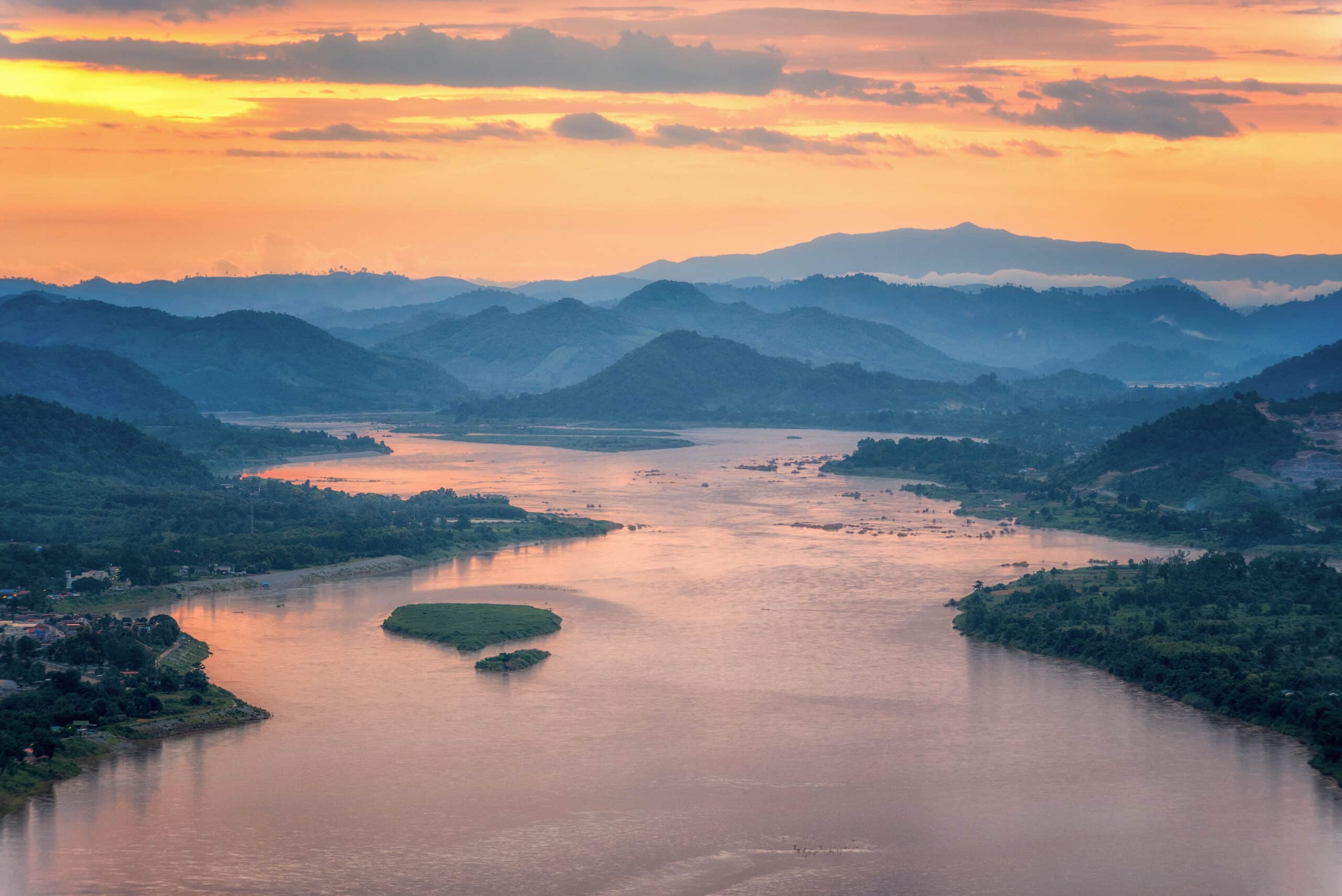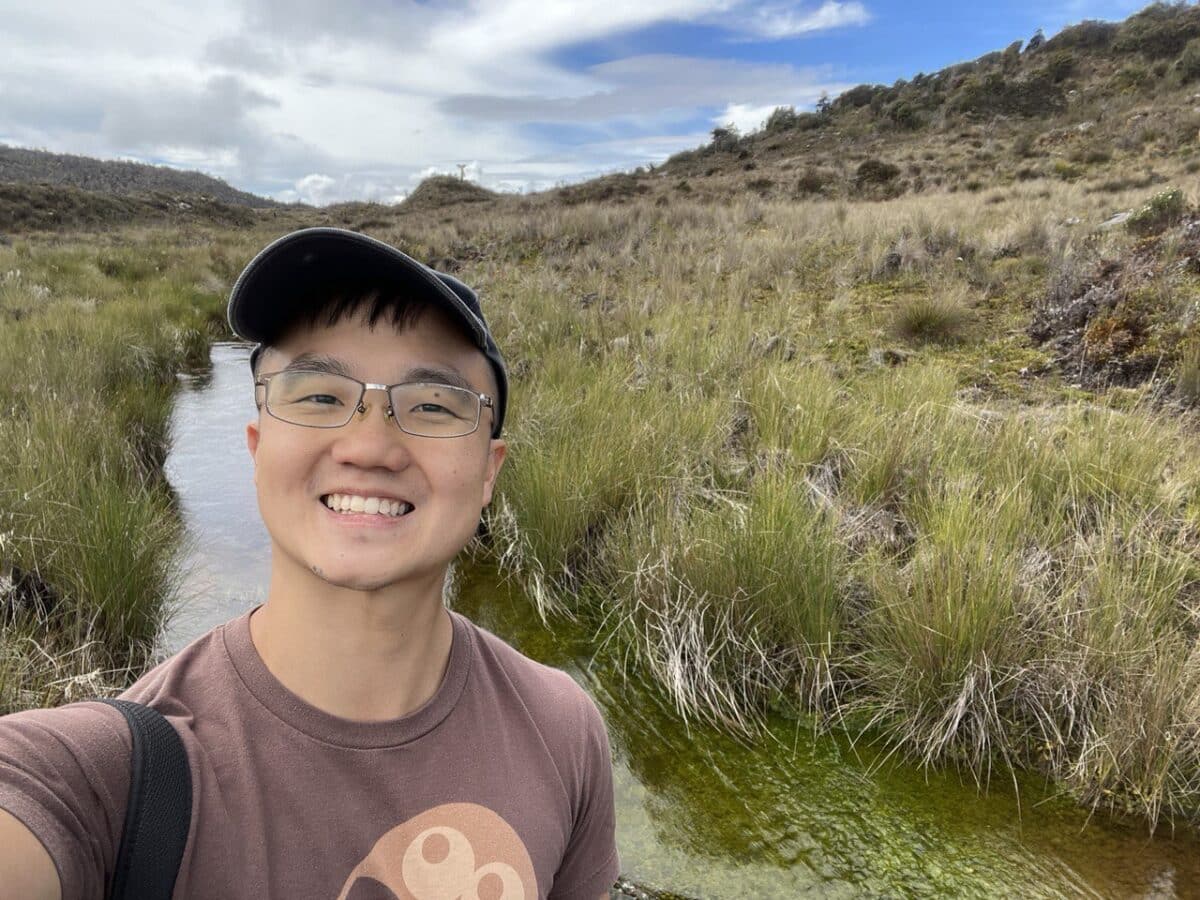Nathaniel Ng: SHOAL / IUCN SSC ASAP Southeast Asia Programme Coordinator
Nathaniel Ng has joined the SHOAL team as the Southeast Asia Programme Coordinator alongside SHOAL partners IUCN SSC ASAP. He is a conservation biologist by training, with research background in population and conservation genomics and, in the years since his doctorate, has focused his efforts on the protection of life under the water’s surface, taking on aquatic-focused roles in conservation and research management in Mandai Nature, SEA Aquarium, and Mandai Wildlife Reserves, while freelancing in environmental consultation.
What’s your background?
Nathaniel: I am a conservation biologist with research specialisation in phylogenomics and population genomics and molecular ecology. I am fortunate to have enjoyed a diverse and multidisciplinary academic background, from sexual selection in insects, to Masters work in environmental science and management, on to PhD work focused on the patterns and mechanisms driving avian diversification across islands. Since completing my postgraduate degrees, I have turned my attention to freshwater fish conservation, accruing experience in conservation management and planning in the contexts of both NGOs (Mandai Nature) and zoos and aquaria (SEA Aquarium, Mandai Wildlife Group).
Where do you live?
Nathaniel: I presently live in Singapore.
What most excites you about working with SHOAL?
Nathaniel: Having worked on SHOAL/ASAP’s Strategic Framework to accelerate urgent action for Southeast Asia’s Critically Endangered freshwater fish in the past, what excites me the most is the opportunity to personally witness and help drive the protection of these oft-ignored but critical species. I am also enthusiastic about exploring the potential of roping in the expertise and interests of home hobbyists and zoos and aquaria, which could provide targeted and significant contributions to the protection of freshwater fishes.
What will your role on the team be?
Nathaniel: As the Southeast Asia Programme Coordinator, I will be managing and coordinating SHOAL’s efforts in Southeast Asia, working closely with a wide range of conservation partners (governments, scientists, communities, NGOs) with a focus on Critically Endangered species.
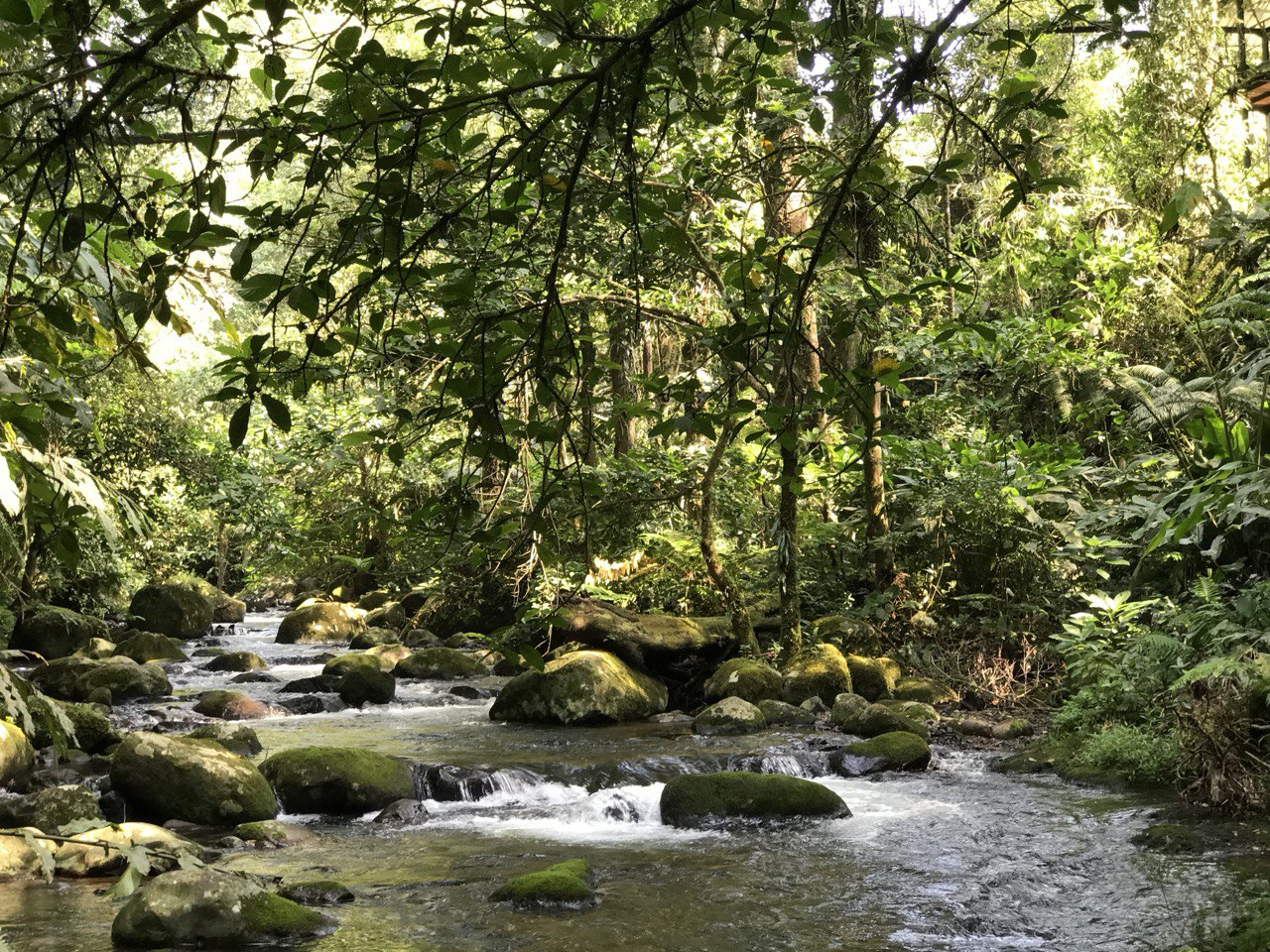
What do you find most interesting about freshwater species conservation?
Nathaniel: What makes freshwater species conservation challenging is also what makes it interesting: ever-growing human usage and extraction coupled with the fragility of freshwater ecosystems means that much innovation and persistence will be required to drive meaningful change. No two conservation challenges are ever going to be the same – which makes for a professional journey that is ever changing and never boring!
Do you have a favourite fish?
Nathaniel: This is too difficult of a question to answer! If I was forced to choose – maybe Parosphromenus tweediei. There’s just something about those stripes.
Nathaniel, welcome to the team!

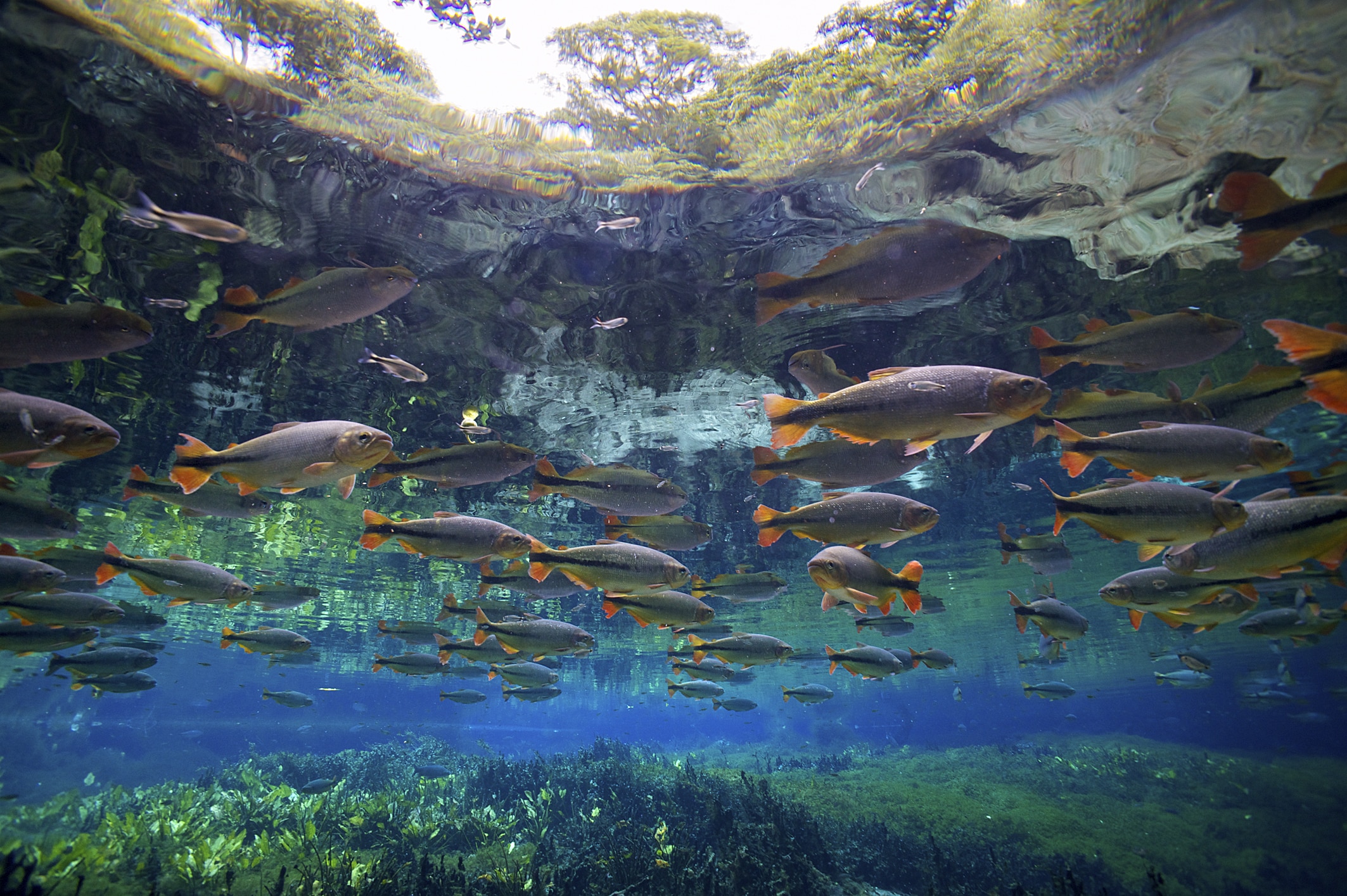
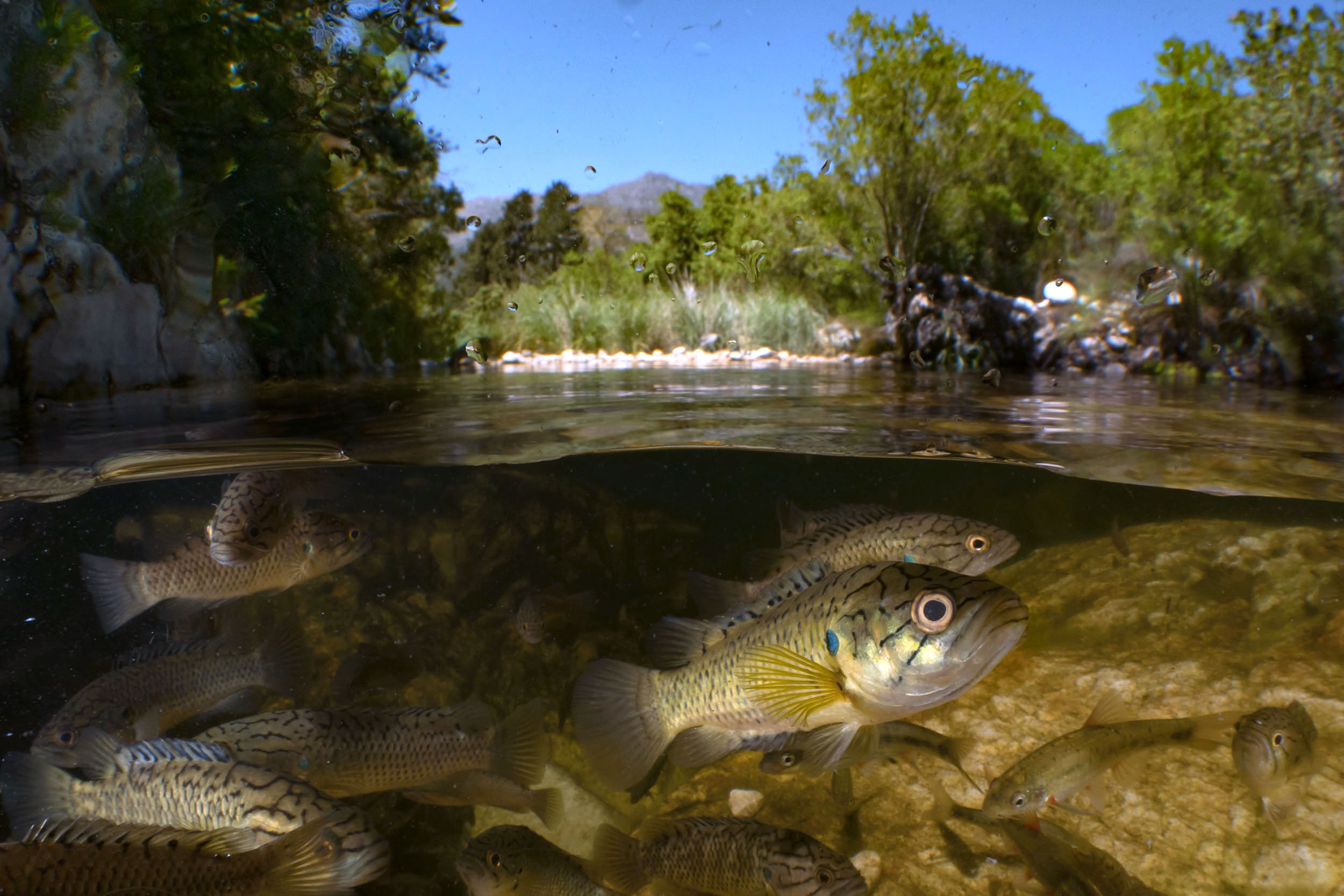
)
)
)
